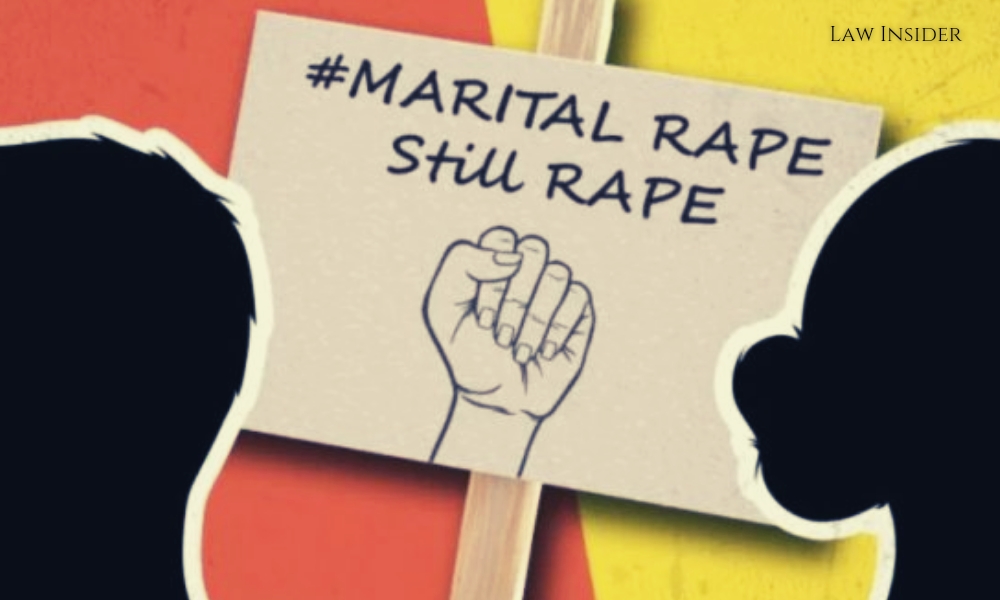Khushi Doshi
Published On: February 22, 2022 at 16:54 IST
A Court decision will determine the course of a 150-year-old provision in Indian Criminal Law that shields husbands from rape charges. The Delhi High Court concluded proceedings on a batch of PILs on the subject on Monday.
The High Court reserved its decision because the Centre refused to take a position until it consulted with other stakeholders, including all States and the National Commission for Women.
The Court, according to Justice Shakdher, cannot be expected to wait endlessly for the Centre to establish a stance. He suggested that the Court consider the arguments made by the Union Government in an Affidavit filed in previous rounds of Litigation on the same Petitions.
The Government stated in an Affidavit that it was awaiting responses from the states. When asked if he wanted to argue, the Solicitor General reiterated that he will not go beyond the submissions made in the affidavits, in which the government had previously stated that any judicial decision without allowing the Centre to complete its consultations with the states and other stakeholders “may not serve the ends of justice.”
It stated that the issue has far-reaching socio-legal consequences in the country and that a meaningful consultative process with various stakeholders, including state governments, was required.
The Solicitor General also explained that the Government’s position was not mirrored in its previous affidavit filed in 2017 or the written submissions this year, both of which oppose the PILs demanding the removal of the provision in the Indian Penal Code that exempts sexual intercourse between a man and his own wife from the Offence of Rape if the wife is over the age of 15.
On February 7, the high court judge issued the Centre two weeks to respond to Petitions seeking criminalization of marital rape. Lawyer Karuna Nundy made powerful arguments on behalf of petitioner NGOs RIT Foundation and All India Democratic Women’s Association during the hearings.
During the hearing, Justice Shankar questioned whether striking down the exception would not result in the creation of a new offence, which a court is not authorised to do.
He also argued that when a man marries, there is a social, moral, and legal right for each partner to expect meaningful conjugal relations with the other, including a “Reasonable right to sex.”

